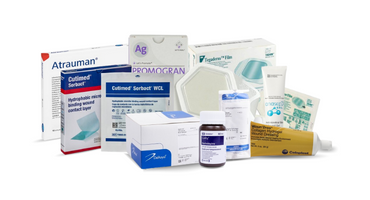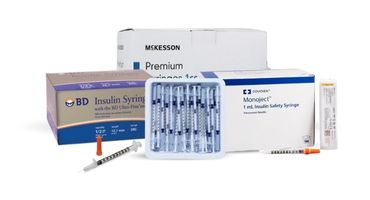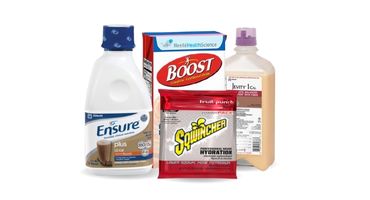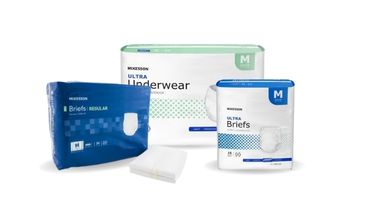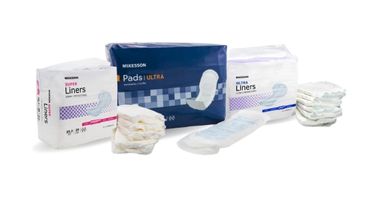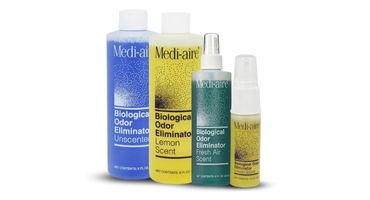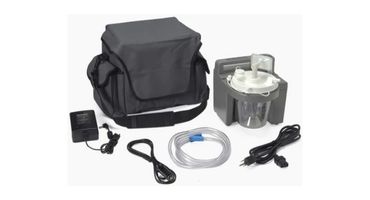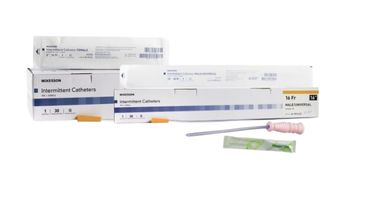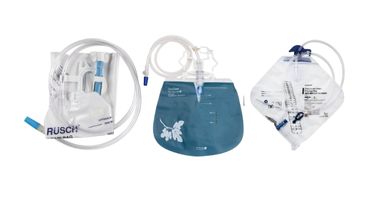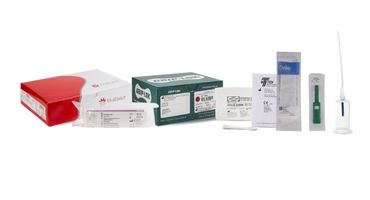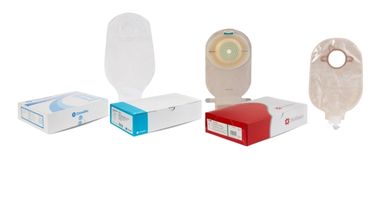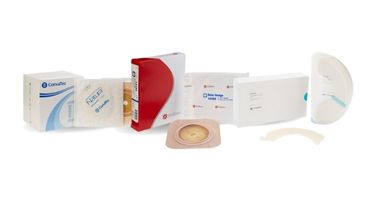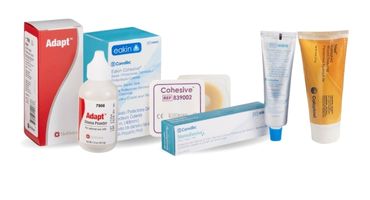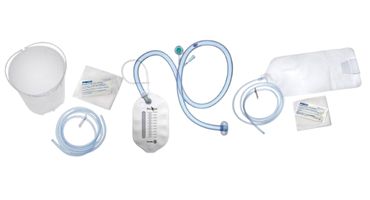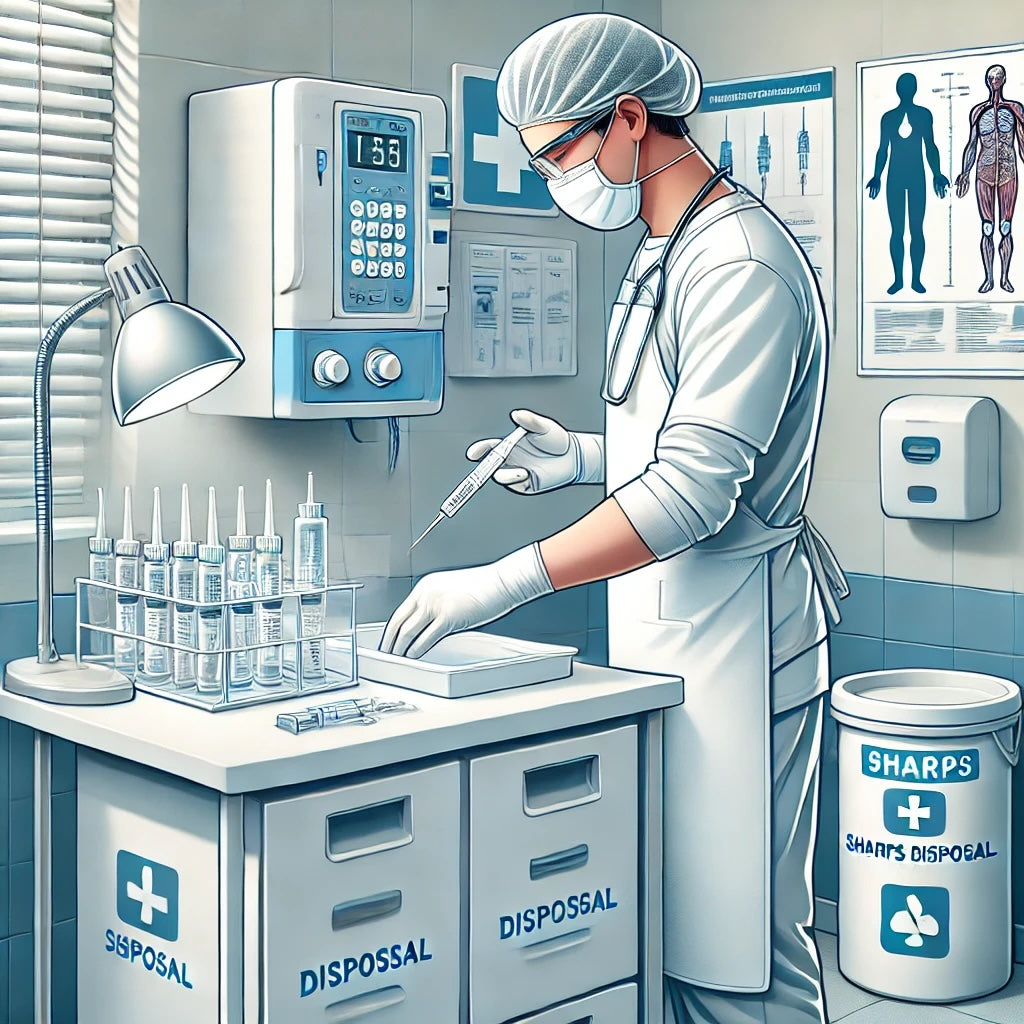Proper handling, use, and disposal of needles and syringes are essential for safety and efficiency in healthcare, laboratory research, and industrial applications. Below are some key industry tips to ensure best practices:
1. Adhere to Safe Injection Practices
- Always use a new, sterile needle and syringe for each injection to prevent the transmission of bloodborne pathogens.
- Avoid reusing needles or syringes, and do not share medication vials among multiple patients.
- Implementing standard precautions is essential to minimize healthcare-associated infections.
Read more on safe injection practices from the CDC
2. Select Appropriate Needle and Syringe Types
- Choose needles and syringes suitable for the specific application.
- For example, industrial settings may require blunt-tip dispensing needles for adhesives, inks, or oils. These come in various gauges and lengths to meet different requirements.

3. Follow Proper Needle Handling and Disposal Procedures
- Avoid bending, shearing, breaking, recapping, or removing needles from syringes before disposal to reduce the risk of needlestick injuries.
- Use tools for cleanup and transport sharps in designated containers.
- Always dispose of used needles in approved sharps disposal containers.
4. Implement Infection Control Measures
- Adopt infection control programs, including policies for the prevention and surveillance of healthcare-associated infections.
- Use practices such as hand hygiene, personal protective equipment, and proper sterilization techniques.
Explore infection control measures on NCBI
5. Educate and Train Personnel
- Ensure all individuals handling needles and syringes are trained in safe practices, proper usage, and disposal methods.
- Regular training helps maintain high safety standards and prevents accidents.
By following these guidelines, organizations can enhance safety, prevent infections, and promote effective use of needles and syringes across various applications.

